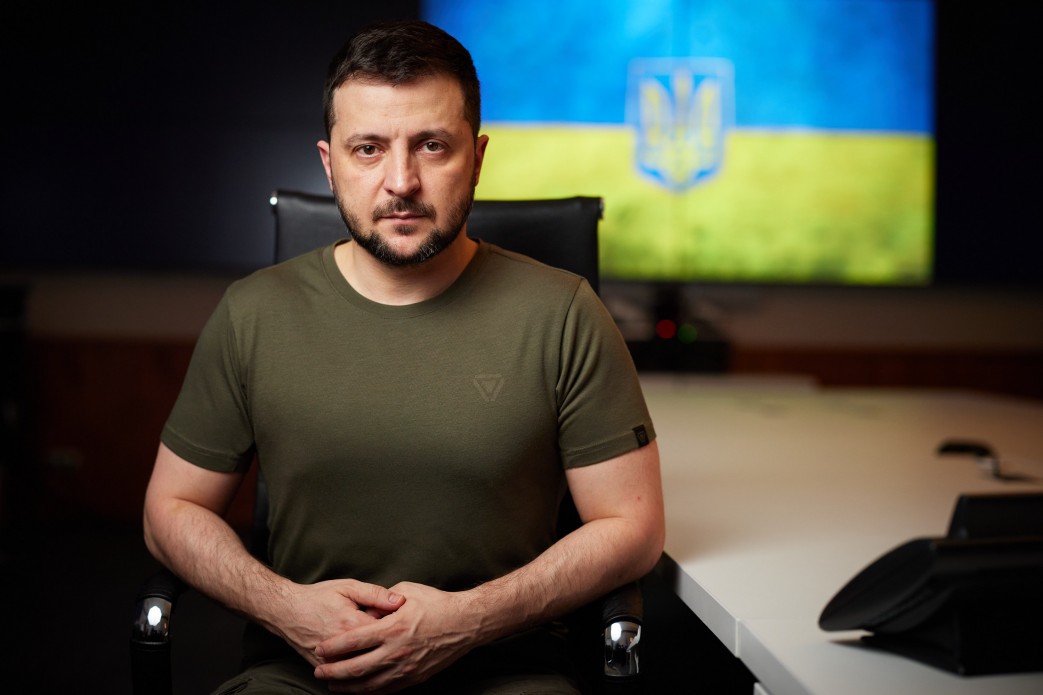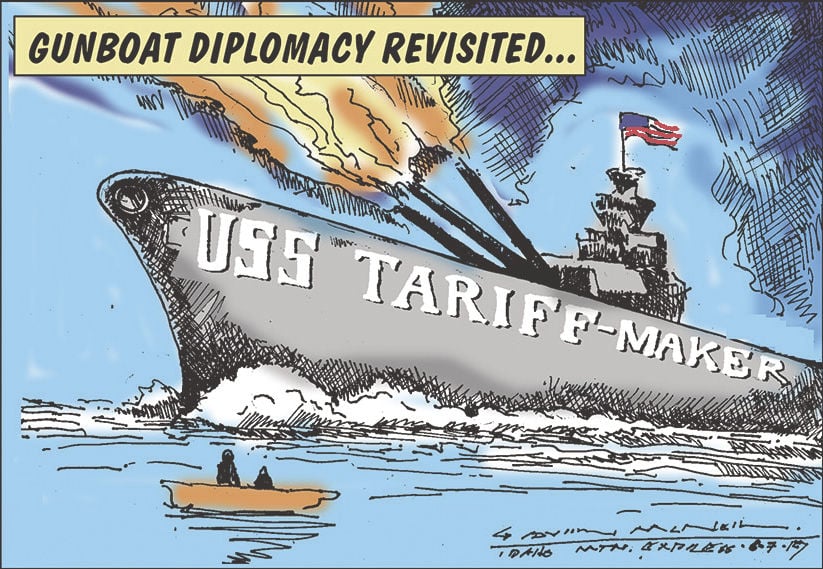“If the world has $300bn, why not use it?” Ukrainian President Volodymyr Zelenskyy recently said.
The EU decision is to tap the interest twice a year and send it to Ukraine in the form of cash and weapons. . .
“There’s no precedent for the freezing of assets on this scale, and therefore the issue of what to do with the interest was never this acute,” Anton Moiseienko, a lecturer in international law at Australian National University, told Al Jazeera. . .
‘New ground is being broken’: EU seizes Russian profits for Ukraine
Ukraine wants to use $300bn in Russian central bank money held abroad to defeat it; Europe isn’t enthusiastic.
“There are European institutions that are against it and a lot of member states that are against it. The EU doesn’t want to risk its reputation and its prosperity.”
- The European Central Bank has been especially vocal about leaving other central banks’ assets alone, worried about reputational damage to the euro.
- And some EU members like Hungary and Slovakia maintain strong economic ties with Russia and have made known their unease about alienating Moscow.
That leaves matters on a plateau, said Moiseienko.
“It is a placeholder, an intermediate step. But a placeholder for what?” Moiseienko said.
“Transfer of those assets to Ukraine, or continue in this wait-and-see game? In terms of the overall direction of travel, it’s very unclear.”
“The EU keeps saying that Russia must pay but keeps taking steps that prevent that from happening,” he added.
The EU could be testing the waters for international reactions to its first move. . .
As Al Jazeera has reported, Ukraine has been unable to recreate that majority to indict Russian President Vladimir Putin for the crime of aggression, and it is unlikely the world would show a greater appetite for remaking international law to seize Russian assets.
The EU has invited Ukraine to become a future member, and therefore assumes the greatest responsibility for its reconstruction, pointed out political scientist Theodoros Tsikas.
Unwillingness or inability to harness an aggressor’s assets would not only be perceived as weakness – it would not match up to the EU’s claim to uphold the rule of law, he said.
----------------------------------------------------------------------------------------------------

.jpg)
.jpg)





No comments:
Post a Comment